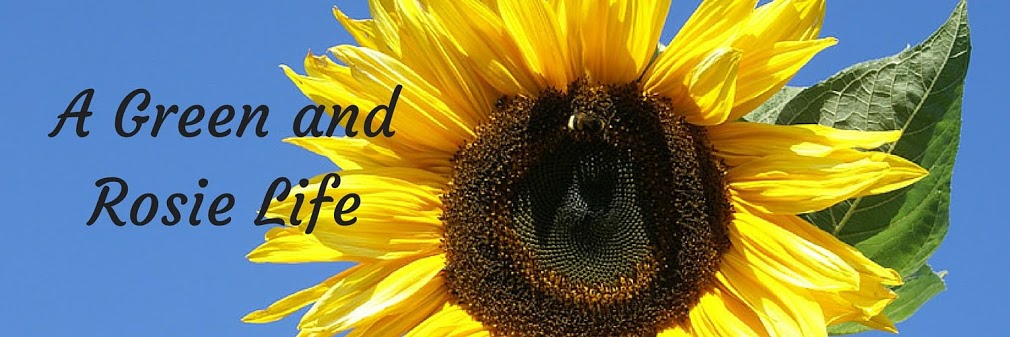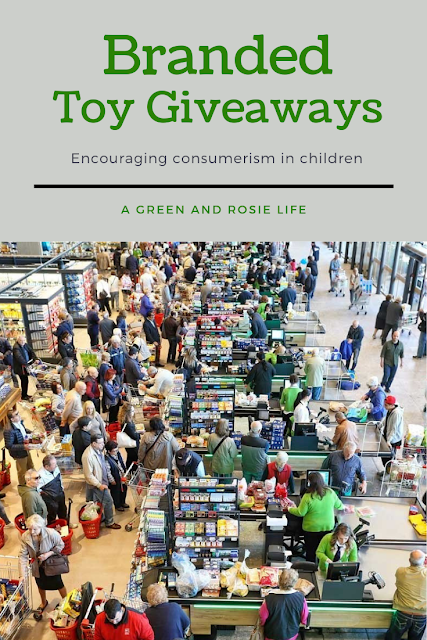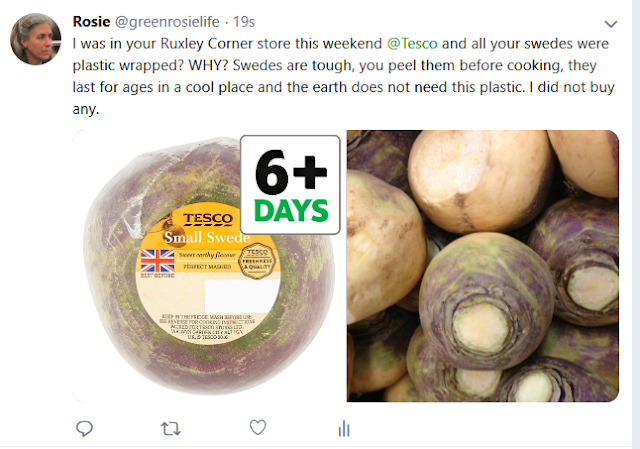Scams are all around especially online and it is often hard to tell scam websites from genuine ones. Scams relating to wildlife have increased dramatically recently as opportunistic scammers realise they can predate on the goodwill of people who are desperate to help the planet. In my last blog post I highlighted one such scam that is particularly active at the moment but this is far from the only one so I wanted to use this blog to help you identify other similar scam websites.
How to spot a scam wildlife shopping site
If you want to make sure that whatever you are buying is both genuine and helping the planet via the charity or methods talked about on the website you need to do a bit of research before hitting the buy button. Any or all of the following points could indicate that all is not well with the website:
Identify Scam Websites
The scammers use classic tactics of focussing on a current issue in the knowledge that people will happily part with money if they think they are helping - ocean plastic, endangered wildlife, forest replanting etc are all favoured hooks. They then make spurious claims about how you can help with your purchases and your money will help clean up plastic, save wildlife and replant trees. Some vaguely imply they undertake the conservation work themselves but often they say they donate to genuine charities so always check this out. Visit the websites of the linked to charities and ask them if the association is genuine.
The scammers make so much money from you by selling cheap mass produced jewellery and clothes that are made in the Far East. You can easily search for items by using the images by taking a screenshot of the product then using a reverse image site to look for identical images on other websites. You'll see how cheap and poor quality they really are.
The
scammers often use the illusion of an even better deal by offering
apparently huge reductions but you would still be paying way too much
for the product. Another tactic is to use pressure selling techniques to push you into a quick purchase without taking due care: "only 5 left" / "offer only available today" / "buy now to avoid disappointment" / "offer ends very soon" / "we're closing our shop x% off all stock whilst stocks last".
The website may make false claims. These can include how much money they have donated, plastic cleared or trees planted etc or claims that their products are environmentally friendly because they are recycled, organic, made by hand etc (all great buzz words to lure in the shopper). Such claims cannot be verified. They may also use fake endorsements and certifications. Check if they exist before parting with your money.
Check that the website has a Cookie Policy and a Privacy Policy. Check the latter is not simply a cut and paste from another site and that it actually related to the website in question.
Check their email address and be wary of generic gmail/hotmail etc addresses. You will find the website has no names on it, no faces with whom you can interact directly.
Scam websites often do not allow you to right click on them. This makes it harder for you to take screenshots or copy and paste information into a search engine.
The scam websites use the platform Shopify to sell their fake goods. Shopify itself is not a scam but it is another alert that should sound alarm bells if other points above are also seen.
Identify Scam Social Media Accounts
Most scam sites promote themselves on Facebook and Instagram. Be cautious of any company you first learn about via a sponsored advert and look beyond the advert for more information. Check on Facebook groups such as Sponsored Ads Exposed.
Look at their Facebook page and see when the page was created. Scam social media pages are often very new.
On their Facebook page look at the comment numbers. The scammers will remove negative comments but these will still show in the number of comments. A Facebook post that says it has 20 comments but shows only 6 indicates 14 comments have been removed.
The scam sites often don't have a Twitter account. It is not possible to remove comments on a Tweet or quote Retweets that call them out as a scam so Twitter is not a useful tool for scammers.
Try and find the company elsewhere both on the internet and beyond. If there's nothing else out there about them be suspicious.
If you are unsure about a company then ask them some questions on their social media sites. A genuine company will answer your questions where-as a scam one will,
at best, ignore you and at worst remove your comment and either stop you
commenting or totally block you. No genuine company would do this. Pertinent questions might include:
- which organisations do you support?
- where are your products made?
- what are they made from?
- where are they shipped from?
- what percentage of each sale goes to the charity?
- who manages the trees after they have been planted?
- what happens to the plastic you remove from the sea?
Use Scam-checking websites
Check for reviews on websites using Trustpilot. Scam
sites may have a lot of positive reviews (which are probably false
reviews) but they will also have a lot of genuine negative ones.
If the website isn't on Trustpilot do an online search with the name of the company and the word SCAM or REVIEWS and see what results emerge.
Go directly to sites such as Scam-detector or Scam Tracker (US)
and use their website checkers.
In many countries companies need to be correctly registered so check them out. In the UK check on Companies House and in France they must have a siret number.
You can also install browser extensions that detect scam websites.
What to do if you have been scammed
If you have paid by credit card or Paypal you may find they can recoup your money in the case of non-delivery or substandard goods.
The scam websites are usually set up using the Shopify platform. Report scam websites to them: https://help.shopify.com/en/questions#/contact/email
Report scam adverts and pages/accounts to Facebook and Instagram.
Report scam websites to official organisations such as Action Fraud or The Citizen's Advice Bureau in the UK, Europol in Europe and Report Fraud in the US. Other countries will have similar organisations.
Alert your friends to scam websites to prevent them being scammed.
Scam Wildlife Shopping Sites
These are just a few of the scam companies purporting to support the planet that I have found - some are currently active whilst others are not but could easily start up again with or without a rebrand:
- Planete Vivante (French)
- 4Amazonia
- Save Koalas - Active on Facebook in 2020 but nothing since then
- Turtle's Journey.co
- Wildlife Team
- Club Ocean
- Ocean Project
- Treehuggersbracelets
- Renew Bracelets
Remember that this scam is not limited to wildlife charities and innumerable other scam websites exist. In the last couple of days I have seen similar websites offering to support mental health charities and an advert for fake jewellery saying they are due to close and placing a 3 hour timer on their website (that amazingly resets back to 3 hours when you log in again) and states limited number of items are available that has been 10, 11 and 15 each time I checked (in that order!).
It is often not easy to identify online scams like these and scammers are becoming ever more sophisticated. My advice would be to never make a rash decision. Take the time to do your research and if you have the slightest doubt about a company, walk away and don't part with any money.
If you really want to help the planet buying stuff you don't actually need is never going to be the answer. Just stop and think of the environmental damage you are buying into. It is impossible to track how far the materials
and product have travelled to get to you and how much plastic was used or
pollution and carbon emitted along the way?
A more effective strategy is to search out genuine charities and donate directly to them. These scams work because people feel that their purchase has done some good for the planet where-as, in fact, the complete opposite is true.
Please pin me so together we can stop other people getting scammed. And do let me know of you come across any other such scam wildlife websites and I will add them to the list above.





























